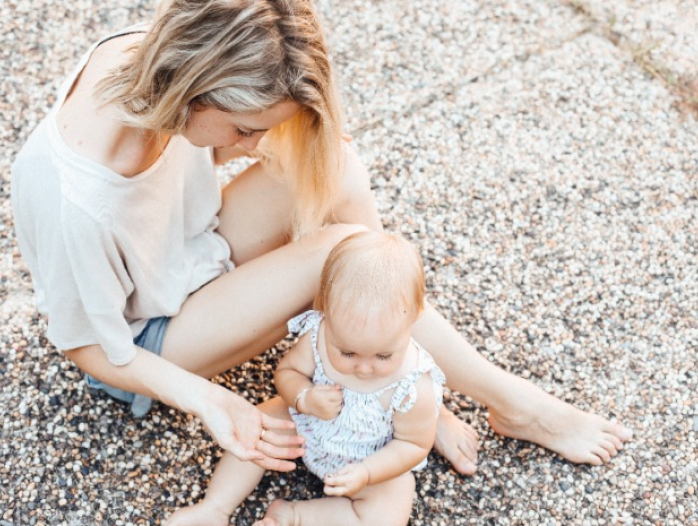 Might you have Antenatal or Postnatal Anxiety or Depression? Statistics tell us that 10-15% of mothers develop Postnatal Depression however we at Mothers Helpers believe that statistics are likely to be much higher than this. Mothers have shared stories with us of their going un-diagnosed for a long period of time because health professionals didn’t pick up that they had Antenatal or Postnatal Depression/Anxiety or because they themselves found it hard to be honest about how they felt or to ask for help.
Might you have Antenatal or Postnatal Anxiety or Depression? Statistics tell us that 10-15% of mothers develop Postnatal Depression however we at Mothers Helpers believe that statistics are likely to be much higher than this. Mothers have shared stories with us of their going un-diagnosed for a long period of time because health professionals didn’t pick up that they had Antenatal or Postnatal Depression/Anxiety or because they themselves found it hard to be honest about how they felt or to ask for help.
What are the Symptoms of Antenatal or Postnatal Depression and Anxiety?
- Persistant low mood
- Tearfulness
- Agitated/irritable/angry
- Difficulty getting to sleep or sleeping too much
- Waking up a few hours before you’re due to wake up and unable to get back to sleep
- Negative thoughts
- Low self-esteem
- Loss of appetite or increased appetite
- Loss of interest in the things you used to be interested in
- Low energy
- Low motivation
The Edinburgh Depression Scale Test is used to give an indication as to how you might be feeling as an expectant or new mother. If you are pregnant or you have a baby that is three years old or under, we encourage you to take this test to check how you might be feeling. You can give your score to your midwife, your well child nurse, your GP and you can ask for help from Mothers Helpers who will support you by clicking the “Request Help” tab on our website.
Take the Postnatal Depression Test
How Will Mothers Helpers Help You?
- We’ll give you information about Antenatal or Postnatal Depression/Anxiety so you know what to expect and how to recover from it.
- We’ll offer you a free “Initial Assessment” to discuss ways in which we could increase support for you and communicate with your midwife/well-child nurse and GP with your permission.
- If you don’t have family support in place, we will endeavour to place a volunteer to help you with childcare once a week (or more if needed) so that you can get a break.
- We will offer you the opportunity of joining a 10 week course with a group of other mums in your situation facilitated by a student counsellor or alternatively via one-on-one sessions in your home or online using the internet.
For more information about Mothers Helpers click here
